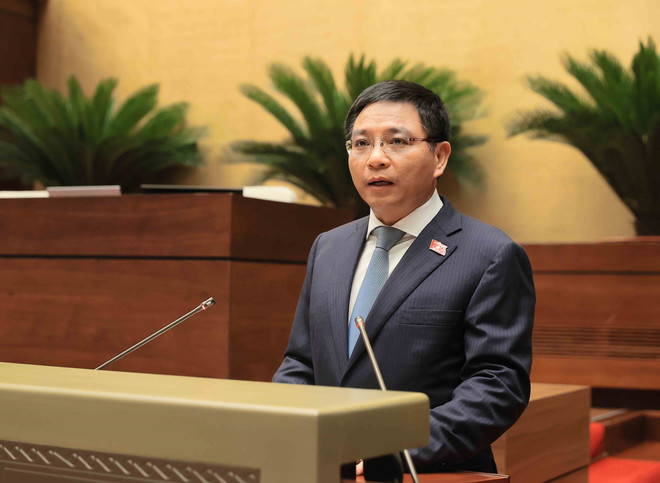HCMC — The Government has proposed establishing a free trade zone in Haiphong City with unprecedented incentives, including a 30-year corporate tax break and long-term residency for foreign workers, according to a draft resolution submitted to the National Assembly.
Under the proposal presented by Finance Minister Nguyen Van Thang to the National Assembly on May 13, the Haiphong Free Trade Zone (FTZ) would span about 6,300 hectares across three locations: the southern coastal economic zone, Dinh Vu–Cat Hai zone, and Cat Hai Island. The initiative follows a directive from the Politburo to develop a next-generation free trade zone in the northern port city.
Businesses operating in the zone would be exempt from land and water surface rent for the entire lease term. They would benefit from a 10% corporate income tax rate for 30 years, with full tax exemption for the first four years and a 50% reduction for the next nine. A 15% tax rate would apply thereafter, the local media reported.
Research and development costs would be 200% tax-deductible. Foreign experts, scientists, and skilled workers would receive a 50% reduction in personal income tax and be eligible for 10-year temporary residence cards and visa exemptions.
Enterprises in the zone would be allowed to transact in foreign currency, list and price contracts accordingly, and engage in transshipment trade. Foreign banks could open branches without linking to head offices.
Projects in the FTZ, excluding commercial housing, would be allocated land without auction or bidding and would not be subject to national land use quotas. The Haiphong government could reclaim land for these projects under the same terms applied to national projects.
Investors would not be required to obtain investment registration certificates prior to establishing businesses. Products certified under international agreements would be exempt from technical inspections. Firms in the FTZ would also receive customs and tax preferences without needing to meet export-import thresholds.
The Haiphong Economic Zone Authority would oversee licensing, investment procedures, and operational management within the zone.
Phan Van Mai, head of the National Assembly’s Economic Committee, said the proposal has sufficient legal and political basis but urged the Government to clarify its potential impact on economic growth, budget revenues, and social order. He also called for a review of the 30-year tax incentive period, particularly for firms subject to the global minimum tax.









